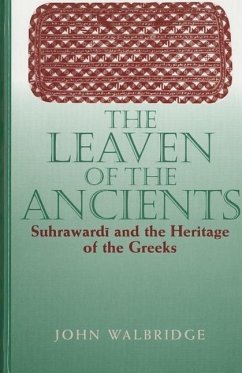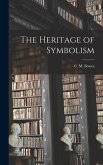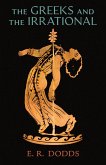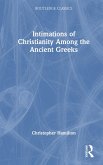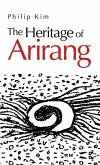Suhrawardi, a 12th-century Persian philosopher, was a key figure in the transition of Islamic thought from the neo-Aristotelianism of Avicenna to the mystically oriented philosophy of later centuries. Walbridge (Near Eastern languages and philosophy, Indiana U.) traces the intellectual background of his thought and of the Greek roots of non-Aristotelian philosophy in the Islamic world. He Finds an approach to philosophy characteristic of Neoplatonism in which Pythagoras is the key pre-Socratic, Plato is the central figure, Aristotle is respected but corrected by the earlier two, and philosophy is ultimately an eclectic revelation known symbolically by different nations.
